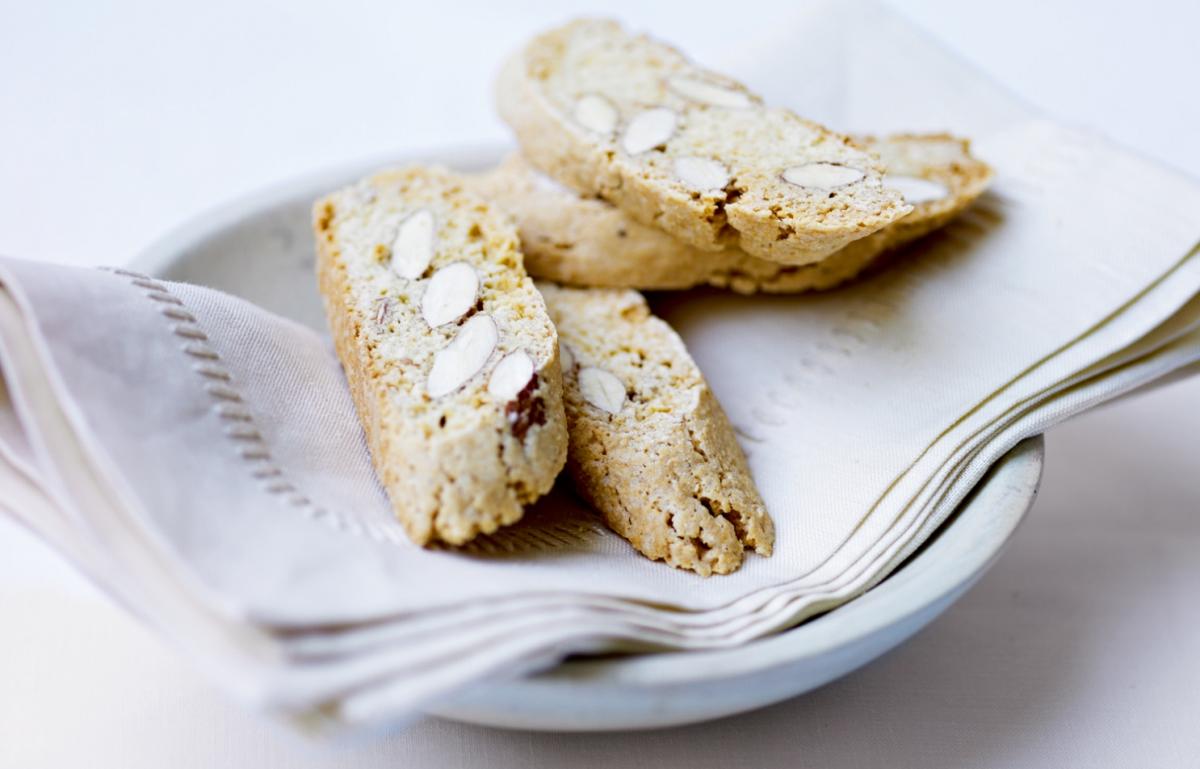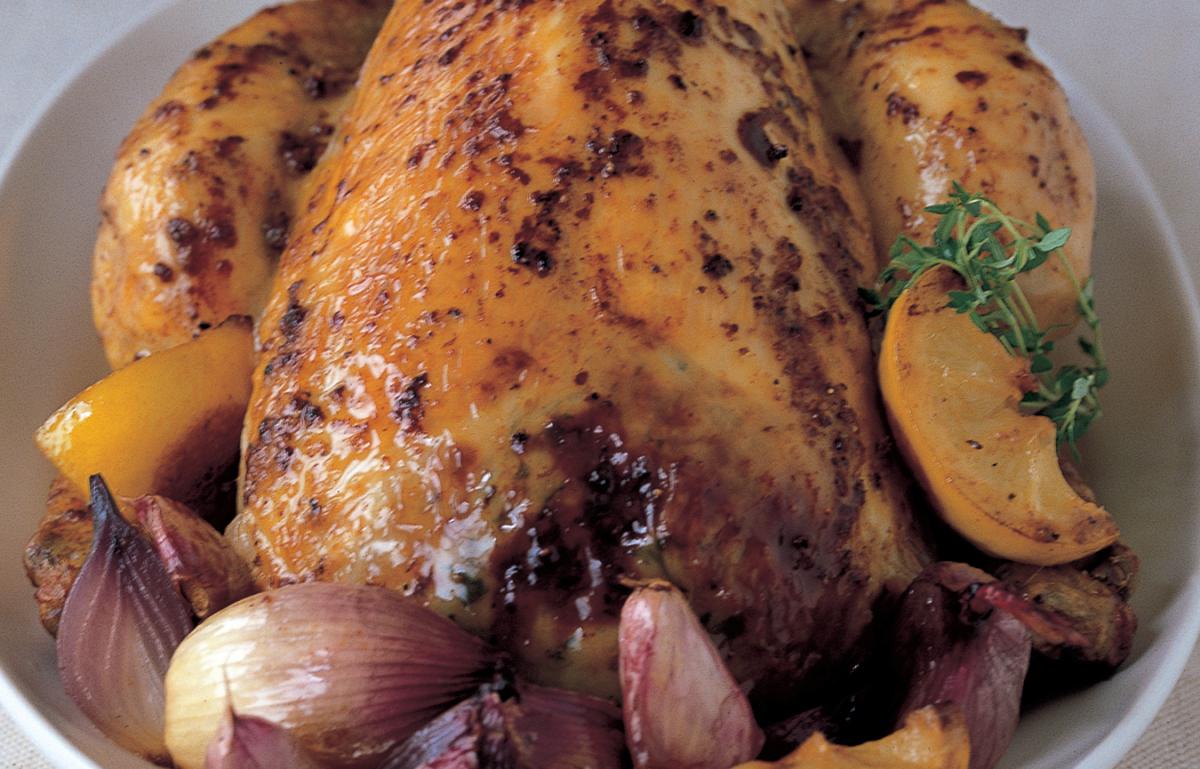

In our third lesson of the Perfect Cakes Term we concentrate on individual cakes, or as Delia calls them, Little Cakes.
We start with something she has been looking forward to teaching, Plain Scones and Rich Fruit Scones, showing how to rub the fat into the flour, lifting up the mixture to get the air in, this is what's called a rubbed in mixture. Butter and the flour is then combined, starting with your thumb on your little finger and gently sliding it across all your other fingers. Grab another handful and repeat gently, not in a hurry, and the mixture will eventually look crumbly. After adding the sugar and pinch of salt, add the milk a little at a time, use a knife to begin combining the mixture and once all the milk is added lose the knife and bring it together with your hands. Do this until it becomes a soft smooth dough that is moist enough to leave the bowl clean.
Roll out lightly and evenly, the dough should be about 3cm thick, which is vital, because one of the reasons why scones don't appear to rise enough is that they are rolled too thinly. Using a 5cm plain cutter, flour it first, then tap it sharply so that it goes right through the dough, don't be tempted to twist it as you will get funny shapes. Place the scones on a baking sheet with a liner and sprinkle them with flour and pop them into the top of the pre-heated oven. They will be golden brown, crusty on the outside, soft and fluffy within. Serve very fresh and warm with clotted cream and jam.
In this Little Cakes lesson Delia also shows a different twist on Scones - how to make Welsh Cakes, a similar mixture, but they also contain mixed spice and are cooked differently in a heavy weight frying pan. Next, a surprise ingredient in Chocolate Surprise Cup Cakes - the surprise being mashed potato. Delia shows a melted cake mixture and how to melt chocolate, she then rounds off the lesson with very short, very buttery, melt-in-the-mouth Viennese Tartlets.
Follow us Like us on Facebook Follow us on twitter Follow us on instagram Follow us on pinterest Follow us on youtube
© 2001-2024 All Rights Reserved Delia Online